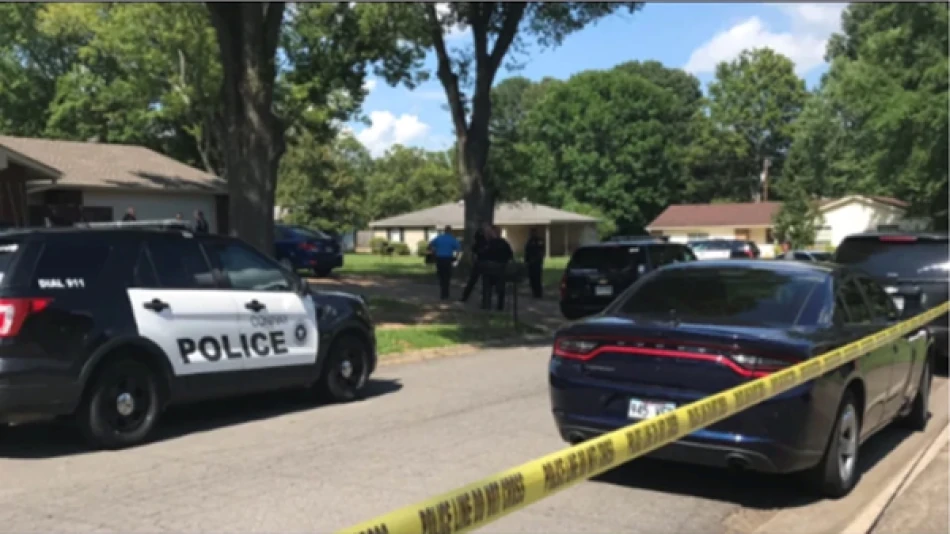
Deadly Shooting Incident in West Virginia, USA Leaves Two Dead, Several Injured
West Virginia Shooting Leaves Two Dead as Gun Violence Crisis Deepens in Rural America
A shooting incident in Mount Carbon, West Virginia on Monday claimed two lives, including the suspected gunman who died from an apparent self-inflicted gunshot wound, while three others sustained minor injuries. The incident underscores the persistent challenge of gun violence in small-town America, where mental health resources remain scarce and firearms access continues largely unregulated.
The Mount Carbon Incident
Fayette County Police Chief Jess McMullen confirmed that officers discovered the suspected shooter dead inside his residence following the Monday shooting. Three additional victims suffered minor gunshot wounds and are receiving medical treatment. Authorities have not immediately released the identities of the deceased.
The shooting occurred in Mount Carbon, a small community in southern West Virginia with a population of fewer than 500 residents. The intimate scale of such communities means incidents like this reverberate deeply through local networks of family and neighbors.
West Virginia's Gun Violence Landscape
This incident reflects broader patterns affecting rural American communities. West Virginia consistently ranks among the top states for firearm mortality rates, with approximately 18.6 gun deaths per 100,000 residents according to recent CDC data—significantly higher than the national average of 12.2 per 100,000.
The state's gun violence profile differs markedly from urban centers, with higher rates of suicide-related gun deaths and domestic violence incidents rather than the gang-related shootings that dominate headlines in major cities. Rural communities face unique challenges: longer emergency response times, limited mental health services, and cultural attitudes that often discourage seeking help for psychological distress.
The Self-Harm Component
The apparent suicide of the suspected gunman follows a troubling national trend. Approximately 54% of all gun deaths in the United States are suicides, and rural states like West Virginia see disproportionately high rates. Economic displacement from declining coal industry jobs has compounded mental health challenges in Appalachian communities over the past decade.
Unlike mass shootings that capture national attention, murder-suicides in small communities often receive minimal coverage despite their devastating impact on tight-knit social networks where everyone knows everyone else.
Policy Implications and Prevention Challenges
West Virginia's political landscape strongly favors gun rights, making legislative solutions politically difficult. However, the state has begun investing in crisis intervention programs and expanding telehealth mental health services to reach isolated communities.
The challenge lies in prevention rather than response. While cities can deploy rapid response teams and have multiple hospitals nearby, rural communities must often wait longer for help and have fewer intervention resources available before crises escalate to violence.
Effective solutions likely require community-based approaches that respect local culture while expanding access to mental health support, domestic violence resources, and crisis intervention programs tailored to rural settings rather than urban models.
Most Viewed News

 Layla Al Mansoori
Layla Al Mansoori






